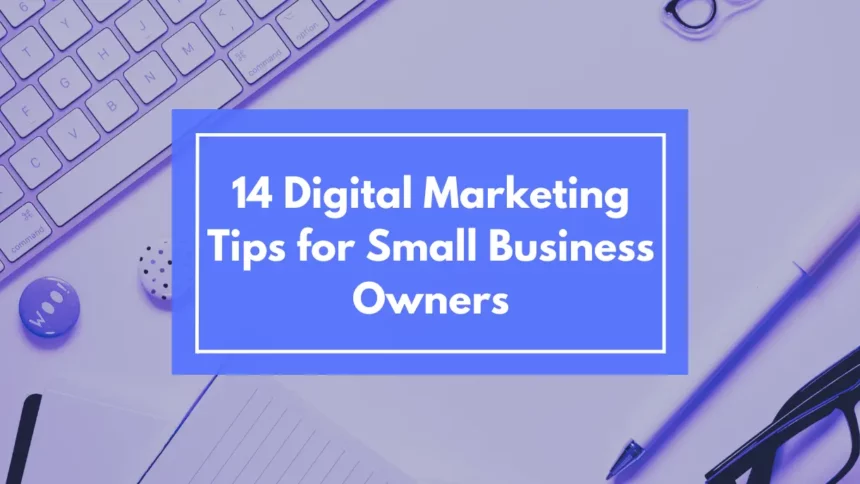Digital marketing is an essential tool for businesses to promote their brand and remain competitive in the marketplace. Here are some digital marketing tips to help you develop a successful digital marketing strategy
Understand Your Audience
Before diving into the complexities of digital marketing, it’s crucial to have a profound understanding of your target audience. Identify their preferences, pain points, and online behavior. Creating detailed customer personas will help tailor your marketing strategies effectively.
Content is King
The foundation of any successful digital marketing campaign is high-quality content. In a world where information is readily available, providing valuable, engaging, and original content is paramount. Content marketing not only boosts your online presence but also builds trust with your audience. Don’t just create content for the sake of it; make sure it aligns with your audience’s needs and interests.
Search Engine Optimization (SEO)
One of the most critical aspects of digital marketing is SEO. Optimizing your website for search engines can significantly impact your online visibility. Here are some key SEO strategies to implement:
Keyword Research
Incorporate relevant keywords into your website content. Use tools like Google Keyword Planner to find the most valuable keywords for your industry.
On-Page SEO
Ensure your website is well-optimized for search engines. This includes optimizing title tags, meta descriptions, and image alt tags.
Quality Backlinks
Building a network of high-quality backlinks from reputable websites can boost your website’s authority and rankings.
Mobile Optimization
With the increasing use of mobile devices, having a mobile-friendly website is no longer an option; it’s a necessity. Google ranks mobile-friendly websites higher in search results.
Social Media Marketing
In today’s digital age, social media platforms play a pivotal role in connecting with your audience. Create a strong social media presence and engage with your followers regularly. Utilize paid advertising on platforms like Facebook and Instagram to target specific demographics.
Email Marketing
Email marketing remains an effective tool for nurturing leads and retaining customers. Build an email list and send out regular, engaging newsletters. Personalize your emails and segment your list to target different customer groups with tailored content.
Pay-Per-Click (PPC) Advertising
PPC advertising, such as Google Ads, can bring quick and targeted traffic to your website. Create compelling ad copy, choose the right keywords, and allocate your budget wisely.
Analyze and Adapt
Constantly monitor your digital marketing efforts and be willing to adapt to changing trends. Use analytics tools like Google Analytics to track the performance of your website and campaigns. Identify what’s working and what’s not, then make adjustments accordingly.
Video Marketing
Video content is rapidly gaining popularity. Platforms like YouTube offer excellent opportunities for reaching a broader audience. Create informative and entertaining videos that resonate with your target market.
Collaborate and Network
Collaboration with influencers and other businesses in your niche can expand your reach and credibility. Building a network and mutually promoting each other’s content is a win-win strategy.
Keep Up with Trends
The digital marketing landscape is constantly evolving. Stay updated with the latest trends, algorithm changes, and industry news. Join relevant forums, subscribe to industry blogs, and attend webinars to keep your knowledge current.
Conclusion
In conclusion, digital marketing is a powerful tool for small business owners to establish a strong online presence and compete with larger enterprises. By understanding your audience, creating exceptional content, mastering SEO, and leveraging various digital marketing channels, you can significantly enhance your visibility and ultimately outrank your competitors in the digital realm. Stay committed, adapt to changes, and watch your business thrive in the online world.






